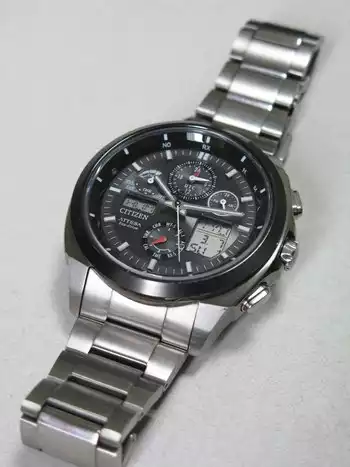
One of the questions I frequently answer is, “Do you like ebooks or print?” Usually, by intonation or strategically timed body language (rolling their eyes, pinching their nostrils, pantomiming gagging), the questioner makes it clear whether they are a Hatfield or McCoy. Am I a sentimental Flat Earth Luddite tree slayer? Or a techno futurist barbarian incapable of understanding that a phone is for making calls? Well, gee, when you put it that way — can I be both?
On our recent vacation, my wife and I reveled in our both-ness. We each enjoyed reading one of the library’s print copies of Rainbow Rowell’s “Landline,” which is funny and moving and feels at least semi-autobiographical, a conceit that complements the book’s premise. I read it first, then Beth, because I am her chicklit filter. It was perfect plane reading: no concerns about airplane mode or other restrictions on using electronic devices, and the book’s lack of batteries meant there was no electronic threat of being left with nothing to read, or, in the case of a fun book like, “Landline,” locked out of finding out what happens next.
Since I am bad at predicting which book will strike my fancy, we brought several ebooks. I surprised myself by starting and finishing a book on personal finance (because it turns out that vacations are a great time to read about personal finance), and started, and look forward to finishing, a couple of well-written biographies on economists. I also brought along two short story collections, because it is important to have access to low-commitment stories, as well as one of Wodehouse’s Jeeves books, a reliable companion ready to save the day should it come to pass that my other options were neither up to snuff nor equal to the occasion.
I also brought along the ebook version of a novel that, for us, proved to be our literary highlight, as well as one of the highlights of the vacation itself. It was not just the extraordinary merit of the book; it was reading Elizabeth Strout’s “The Burgess Boys” aloud. Strout’s clear descriptions, clean grammar, laconic dialog, and subtle characterizations are perfect for reading aloud, and I hope she will take a moment during her conversation with Jean Hanff Korelitz at the Beyond Words gala to read a selection or two from her work. I would love to hear how she gives voice to her narrators and characters.
For Beth and me, being able to adjust the brightness setting enhanced our enjoyment of reading “The Burgess Boys” aloud on our iPad. Not only did it enable us to read when and where we wanted, it made the story seem to glow in a way that fit the twisting plot — at times light and intimate, and at other times dark and disturbing. For us, there was something lyrical about having the text itself set off with exactly the right amount of illumination.
Image of Citizen Attesa Eco-Drive ATV53-3023 analog-digital chronograph with 3 area Radio Controlled reception (North America, Europe, Japan) by Kansai explorer on Wikimedia Commons. Posted with Creative Commons license.
